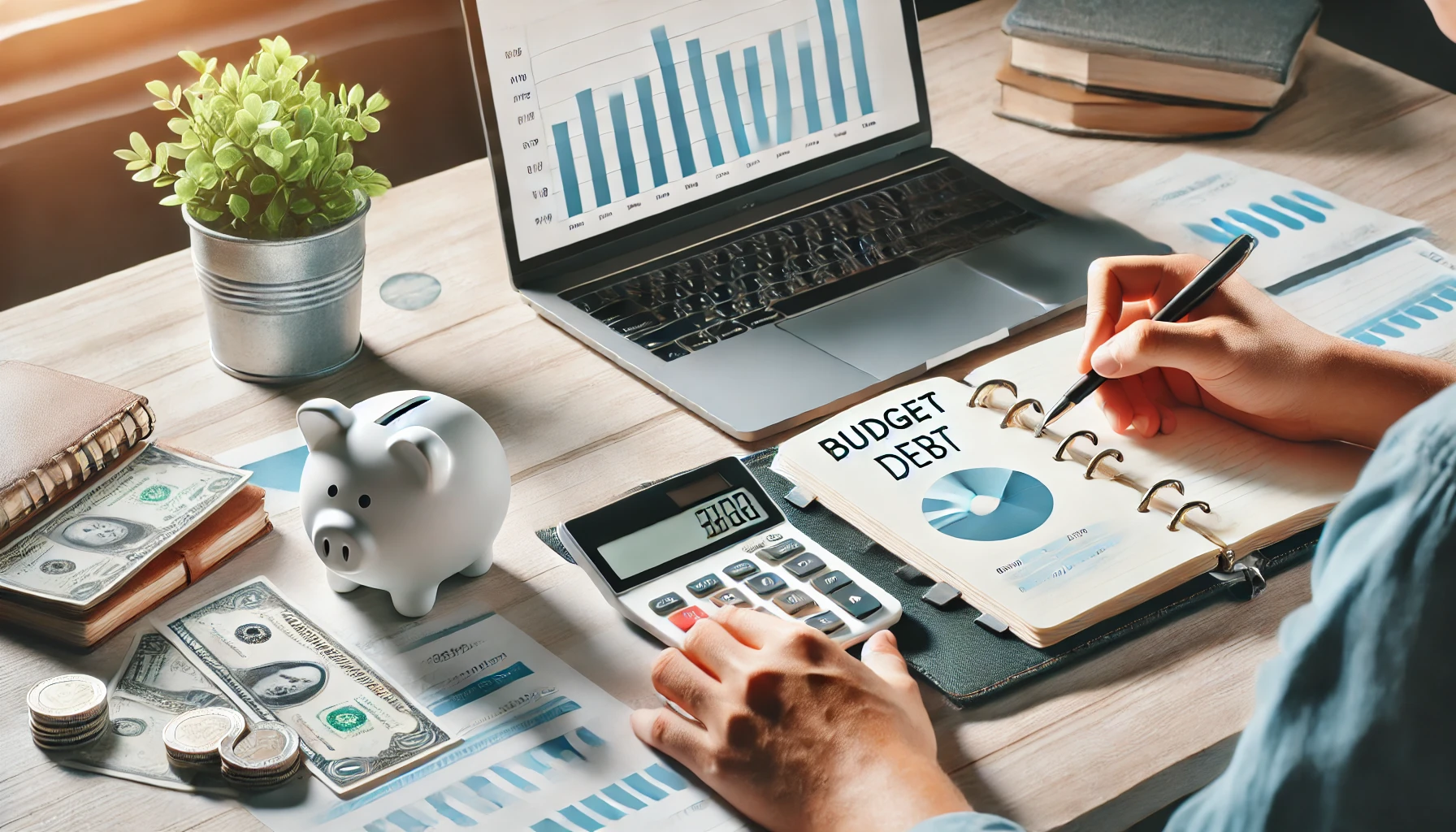Debt can be a major obstacle to financial stability. While some types of debt, such as a mortgage or student loans, can be considered investments in the future, excessive or unnecessary debt can lead to financial stress. In this article, we’ll explore practical strategies to avoid debt and build a financially healthy life.
1. Create a Budget and Stick to It
A well-planned budget is the foundation of financial health. It helps you track your income and expenses, ensuring you live within your means.
How to Create an Effective Budget:
- Use the 50/30/20 rule:
- 50% for essentials (rent, utilities, groceries).
- 30% for discretionary spending (entertainment, dining out).
- 20% for savings and debt repayment.
- Track your expenses using an app or a spreadsheet.
- Review your budget monthly and adjust as needed.
A budget prevents you from overspending and accumulating unnecessary debt.
2. Differentiate Between Wants and Needs
One of the biggest causes of debt is overspending on non-essential items. Learning to distinguish between wants and needs is key to maintaining financial stability.
Ask Yourself Before Buying:
- Do I really need this, or do I just want it?
- Can I afford to pay for it in full without using credit?
- Will this purchase improve my quality of life in a meaningful way?
Being mindful of your spending habits helps you avoid unnecessary debt.
3. Use Credit Cards Wisely
Credit cards can be useful for building credit, but they can also lead to debt if not used responsibly.
Tips for Responsible Credit Card Use:
- Pay off the balance in full each month to avoid interest charges.
- Avoid using credit for impulse purchases.
- Keep your credit utilization below 30% of your credit limit.
- Set up automatic payments to prevent late fees.
Using credit wisely helps you maintain a good credit score while avoiding high-interest debt.
4. Build an Emergency Fund
An emergency fund acts as a financial safety net, preventing you from relying on credit cards or loans during unexpected situations.
How to Build an Emergency Fund:
- Start small by saving a portion of each paycheck.
- Aim for 3 to 6 months’ worth of living expenses.
- Keep the money in a separate savings account for easy access.
Having an emergency fund reduces the risk of accumulating debt due to unforeseen expenses.
5. Avoid Payday Loans and High-Interest Debt
Short-term loans with extremely high interest rates can trap you in a cycle of debt.
Alternatives to Payday Loans:
- Use your emergency fund for urgent expenses.
- Negotiate a payment plan with creditors if you’re struggling.
- Seek low-interest personal loans if borrowing is necessary.
Staying away from predatory loans protects your financial future.
6. Pay Off Existing Debt Strategically
If you already have debt, focus on paying it off as efficiently as possible.
Two Popular Debt Repayment Strategies:
- Debt Snowball Method – Pay off the smallest debts first for quick motivation.
- Debt Avalanche Method – Pay off debts with the highest interest rates first to save money.
Choosing a strategy and staying consistent will help you become debt-free faster.

